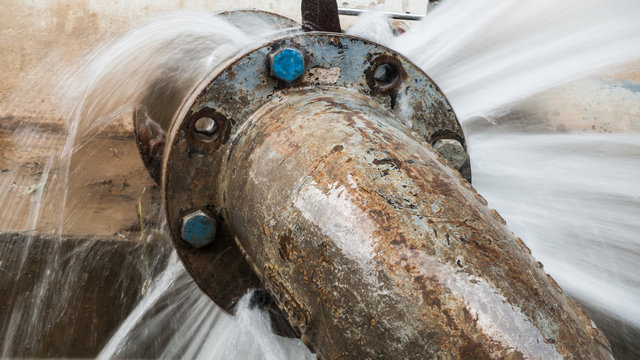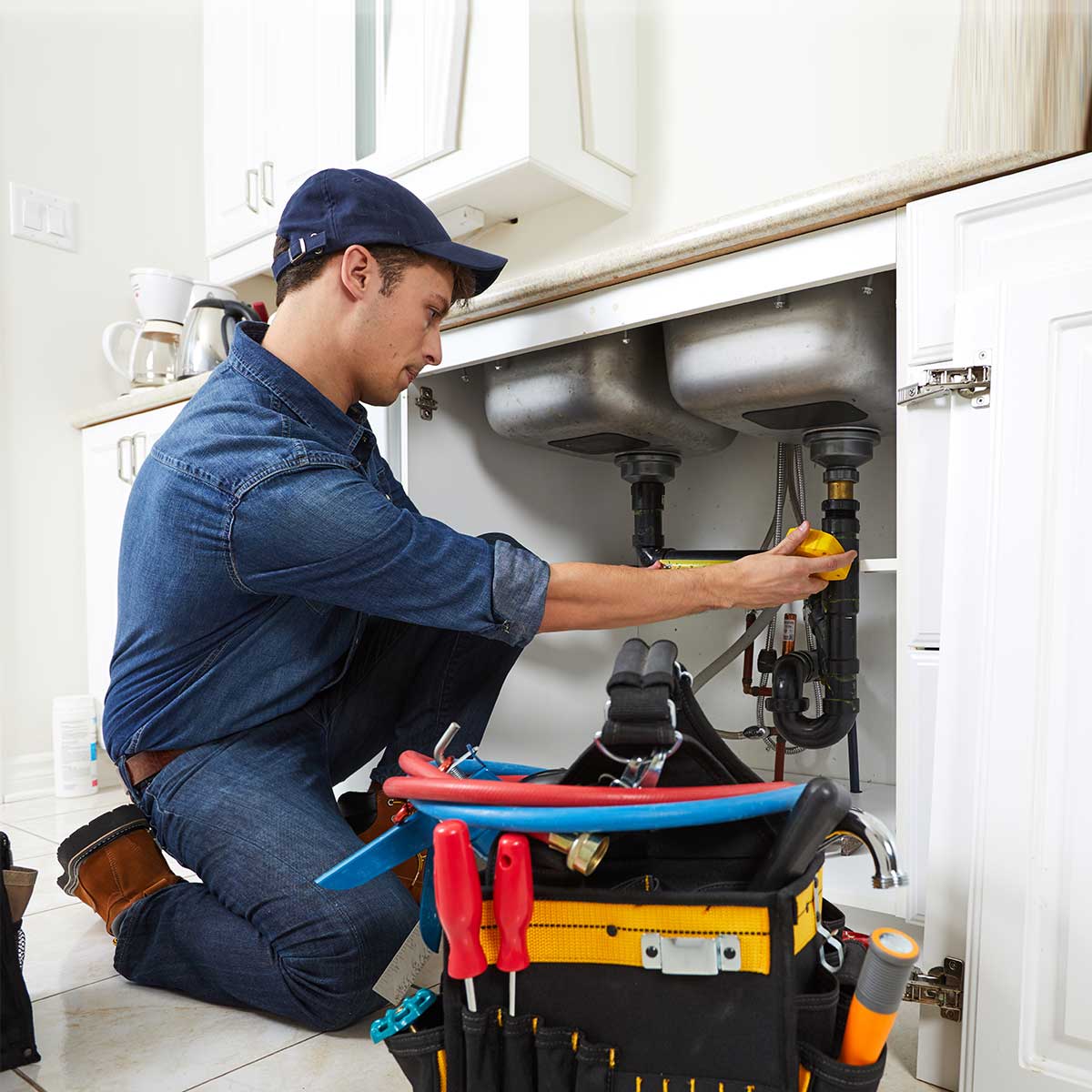The 5 Usual Water Leak Origins
The 5 Usual Water Leak Origins
Blog Article
The content below on the subject of Reasons for Water Heater Leaks is exceedingly enjoyable. Read it yourself and see what you think about it.

"Be careful of little costs. A little leakage will sink a fantastic ship." - Benjamin Franklin.
He could not have been a lot more best due to the fact that water leaks in our homes lead to a waste of sources, boosting our water expenses. This boost could seem negligible at initially, it can lead to substantial expenses that can damage your financial institution. In addition to an increase in expenses, water leakages additionally create unwanted natural growth, structural damages, and also also electrical risks.
Identifying if you have a water leak isn't always easy because of being unable to see most of the pipework in your home. If you have had an increase in your water costs lately, saw water spots on wall surfaces as well as ceilings, scented poor smell, and so on. You could intend to consider asking for plumbing solutions to get it checked out.
There are several reasons for water leaks, as well as we have put together the typical reasons listed below. Examine to see if you have actually had associated issues in your home recently.
Compromised pipe joints
Pipeline joints are the components of our plumbing system where the pipelines attach. It is essential to note that even though pipes are developed to endure pressure and also last for a while, they weren't made to last for life; as a result, they would deteriorate over time. An usual sign of harmed pipe joints is excessive sound from taps.
High water stress
You discovered your home water stress is higher than usual however then, why should you care? It runs out your control.
It would be best if you cared since your ordinary water pressure need to be 60 Psi (per square inch) and although your home's plumbing system is developed to hold up against 80 Psi. An increase in water pressure can place a pressure on your home pipelines and result in fractures, or even worse, ruptured pipes. Obtain in touch with a specialist concerning managing it if you ever observe that your house water stress is greater than typical.
Corrosion
As your pipework gets older, it obtains weak and also much more susceptible to rust after the frequent flow of water with them, which can gnaw at pipes as well as cause splits. A noticeable sign of rust in your house plumbing system is discoloration and also although this may be tough to find due to a lot of pipes hidden away. We suggest doing a regular check-up every few years and transform pipelines once they are old to make sure a sound plumbing system
Obstructed drains pipes
Food bits, dust, and grease can create clogged up drains and also block the passage of water in and out of your sink. If undealt with, increased pressure within the rain gutters can end and also create an overflow up splitting or breaking pipes. To avoid clogged up drains pipes in your home, we suggest you to stay clear of pouring fragments down the tubes and normal cleaning of sinks.
Busted seals
Another root cause of water leaks in homes is damaged seals of house devices that use water, e.g., a dishwashing machine. When such devices are mounted, seals are set up around water connectors for very easy passage of water via the machine. A busted seal can create leak of water when in use.
With little or no understanding of plumbing, recognizing your house's plumbing system sufficient to fix some of these concerns (without effect) can be a trouble. Contact plumbing specialists in Pittsburgh, Providence, Rochester, as well as environ today, and they'll make those problems go away.
He couldn't have actually been more appropriate since water leakages in our houses result in a waste of sources, enhancing our water bills. If you have had an increase in your water expenses lately, discovered water discolorations on walls and ceilings, scented lousy smell, and so on. A rise in water stress can place a stress on your home pipelines and lead to cracks, or even worse, ruptured pipelines. Another reason of water leakages in houses is damaged seals of home devices that make use of water, e.g., a dishwashing machine. When such devices are mounted, seals are mounted around water connectors for very easy flow of water through the equipment.
5 TIPS IN DETECTING A WATER LEAK IN YOUR HOUSE
Water leaks can be hard to find in your home, yet they can be so common. We rely on water every day in our home, which is why a leak can cause big problems. By detecting them early, you can save money and further damage, getting the problem fixed as soon as possible. Here are 5 tips to help you detect a water leak in your home, so you can contact a plumber straight away and get the issue sorted.
Check your water meter
Many people underestimate the value of the water meter in their home. It can be one of the best ways to tell if you have a leak early on, so you can get on top of it before issues start arising. Start by turning off all the water in your home: taps, washing machine, dishwasher, etc. Now take a look at the meter – if it’s still changing with everything turned off, it’s likely you have a fast-flowing leak that you need to get on top of straight away. If nothing changes, then leave your meter for an hour or two and come back to it. Did it change in this time? It’s likely you have a slower leak, which isn’t as urgent but still handy to get fixed so it doesn’t become a bigger problem.
Keep an eye on your bill
Another good way to detect a leak in your home is by keeping an eye on your water bill. It helps if you have a past bill from the same period of time. You can compare like for like and determine whether your water usage has increased significantly. If it has, there may be a leak in your system that you haven’t picked up before. A professional plumber can check through all of your pipes and determine where it is coming from.
Look for damage
If you have a leak inside your home, you will notice damage over time. Take a look at your showers and bathtubs and note whether any of the tiles surrounding the area seem to be discoloured or damaged in any way. There may be water stains, mould or peeling material that has resulted from a build up of moisture over time. Make sure you take a look under sinks at the back of cupboards that don’t get accessed regularly. This is where damage can go unnoticed and build up over periods of time.

I'm very focused on How to Find and Prevent Water Leaks in Your Home and I hope you appreciated my piece. Appreciated our piece? Please share it. Help another person discover it. I am grateful for your time. Come back soon.
Overflow? We can help! Report this page